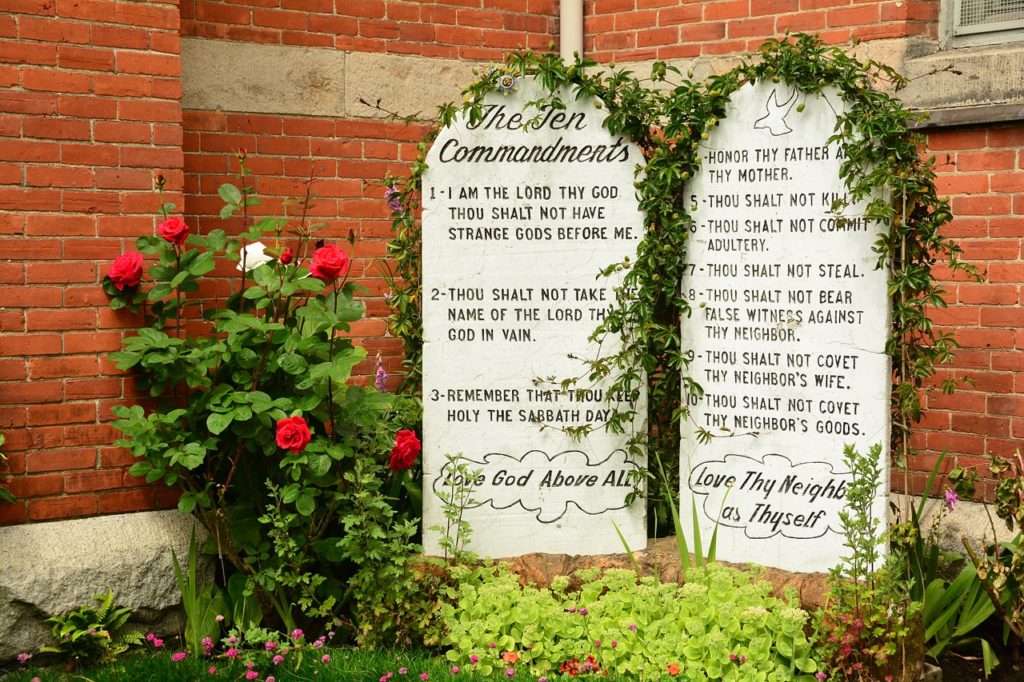
The Old Testament law through the mediation of Moses is one of the most significant aspects of the Israelites experience at Mount Sinai. The Mosaic Law divides into three categories: the moral law that deals with the standard of holy living. Civil law agrees with Israel’s legal and social life as a nation. The ceremonial law with the form and ritual of Israel’s worship of the Lord.
The law connects with the covenant that God made with His people. The covenant stipulations expectation is to obey in loyalty to the Lord God. The Israelites formally accepted these covenant obligations. The obedience to the law was to be grounded in God’s saving mercy and His deliverance of His people. This law reveals God’s will for His people’s behavior and prescribed atonement for their sin.
At that time, the law was not a form to obtain salvation for the unsaved: it was for the people that have a redeemed relationship with God. Moderately, through the law, they learned how God wanted them to live righteously toward their redeemer and their neighbor. The Israelites expectancy is to obey the law by God’s grace to maintain and celebrate their faith and covenant relationship with Him.
In both the Old Testament and New Testament, a committed trust in God and His Word and heartfelt love for Him forms the foundation for keeping God’s commandments. Israel fails at this point, for they often did not make believing in God, loving Him with all their heart, and desiring to walk in His ways their motive for fulfilling the law. Romans nine thirty-two sums up their approach about not moving in faith. The Israelites stumble instead of walking.
The law emphasized the eternal truth that obedience to God from a heart of love would result in an efficient life and rich blessing from the Lord. It expresses the nature of the Lord and the disposition of His love, goodness, justice, and hatred of evil. The Israelite believer’s expectancy is to keep God’s moral law since they are in the likeness of His image. Salvation in the Old Testament is not about perfection. The focus is to follow the commandments with a covenant and faith relationship with God.
The Old Testament law was not complete nor intended to be permanent. The law acts as a temporary guardian for God’s people until Christ. The new covenant replaces the old covenant, in which God has disclosed His plan for salvation through Jesus Christ. The law by God made and added to His promise due to transgressions, as stated in Galatians chapter three verse nineteen. The law’s designation is to regulate conduct, define what sin is, show Israel their inherent tendency to violate God’s will and do evil, and revive their sense of the need for God’s mercy, grace, and redemption.
